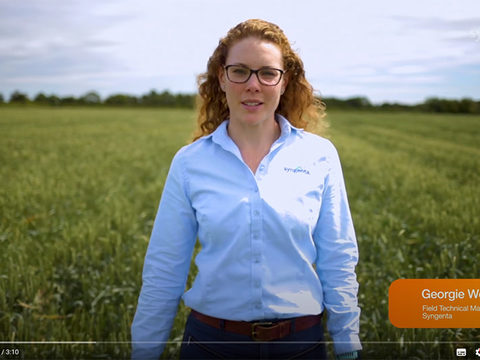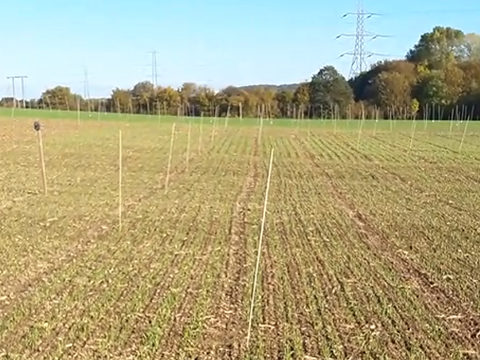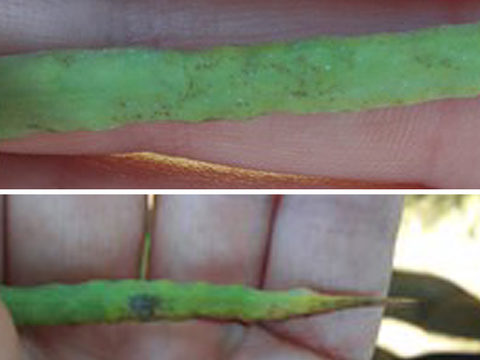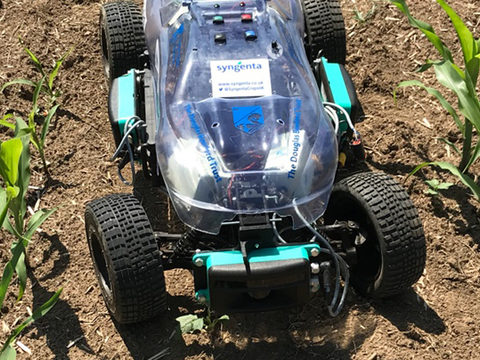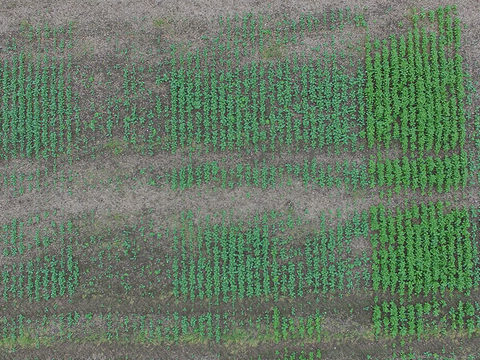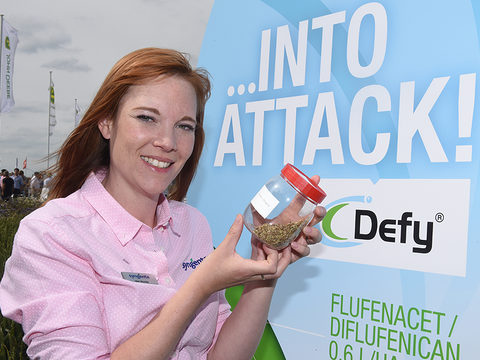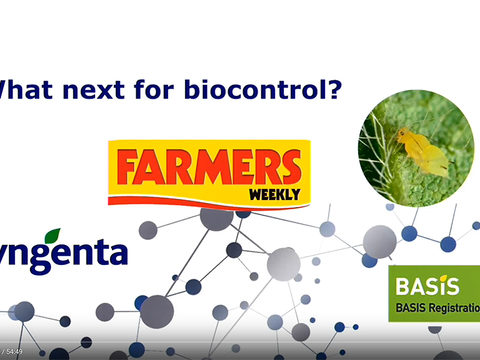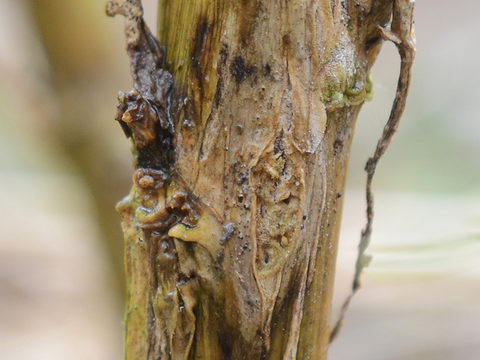New Syngenta field-scale trials site in Suffolk
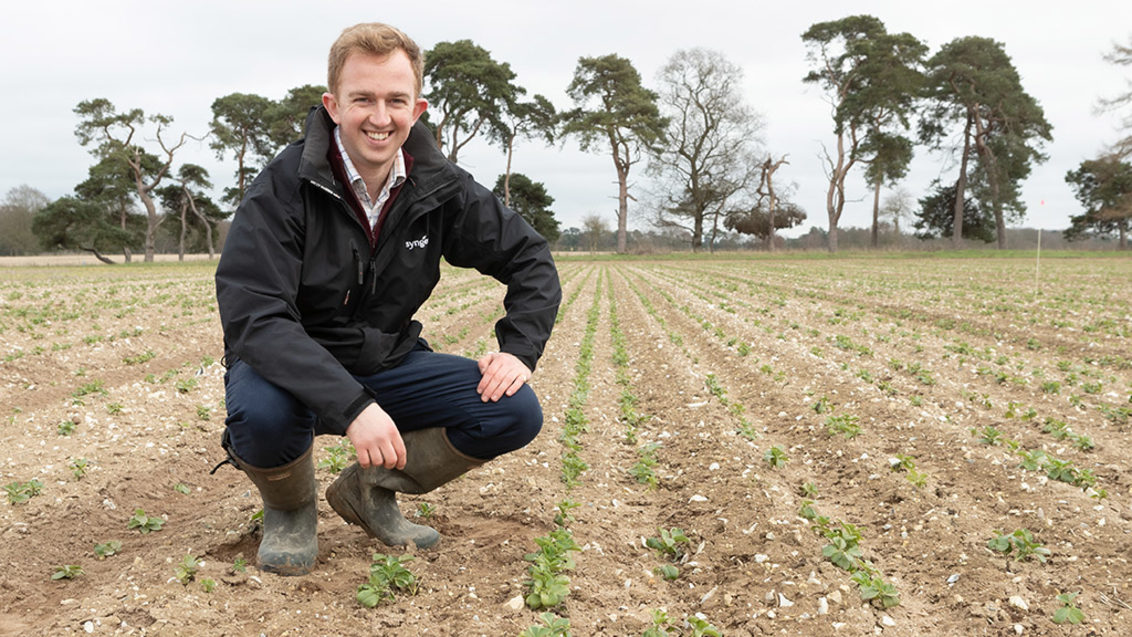
The new Syngenta Future of UK Farming trials site in Suffolk will give arable growers valuable real-world support on the agronomic and economic implications of different farming systems, through a whole farm rotation.
Set up on the Elveden Estate, near Thetford, the 17-hectare site will glean essential data from conventionally managed crops compared to developing new techniques in IPM and regenerative agriculture systems, including variety selection, crop disease management and grass weed control. It will identify how the different systems impact the soil and crop health, biodiversity habitats and profit margins.
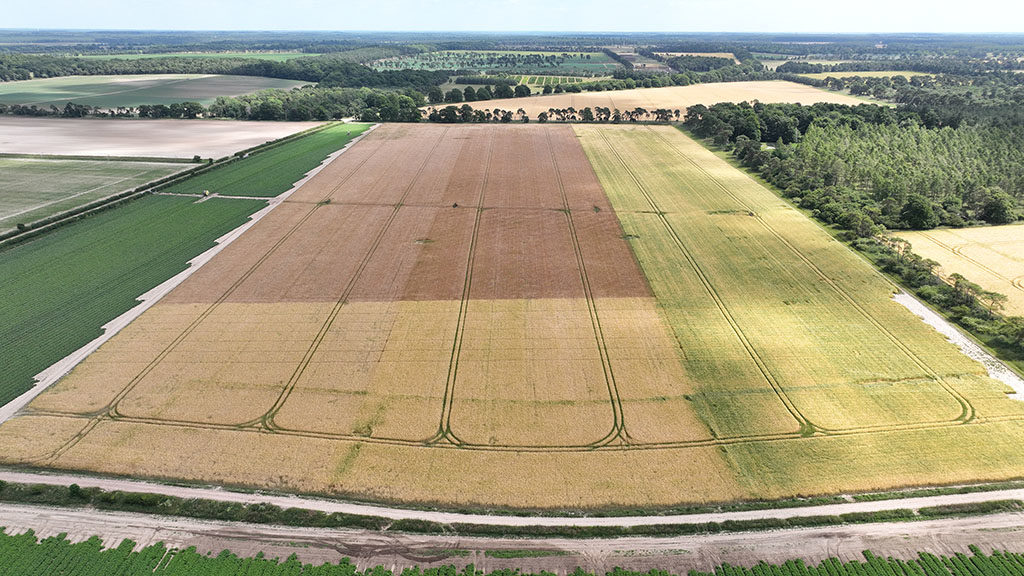
The site’s project manager, Syngenta New Farming Technologies trialist Oliver Ainsworth, says it is the first time these three specific farming systems have been studied in such detail on a field scale, and across a whole farm rotation, to help support farmers in any move to more sustainable strategies.
“We have a wealth of valuable trials data over successive years of crop establishment using different techniques. Now we can provide growers with the additional layers of detail from decisions on agronomy inputs to the growing crop.
“The research enables us to proactively adapt agronomy that is most appropriate to the crop’s needs during the growing season for each strategy, just as any farmer or agronomists would do in the field. This creates a valuable talking point for growers through the season, as well as a basis to make informed decisions in future years.”
See results of the Conservation Agriculture initiative
Oliver added using the site as a discussion point to identify some of the pitfalls, as well as the potential, of the different systems, will add to the experiences of other growers.
“The aim is to provide an opportunity for discussion and collaboration between growers and agronomists, along with the value-chain and regulators, to improve understanding of what pain points may be endured as farms begin the journey to more sustainable systems.”
Presenting the results of the first year’s trials at a farmer meeting on the site last month, Oliver reported the site has already addressed how growing higher value crops, such as malting barley, under a reduced input regenerative system could help offset lower yields - and still give the potential for economic margins, compared to a conventional system with hybrid barley managed all out for yield.
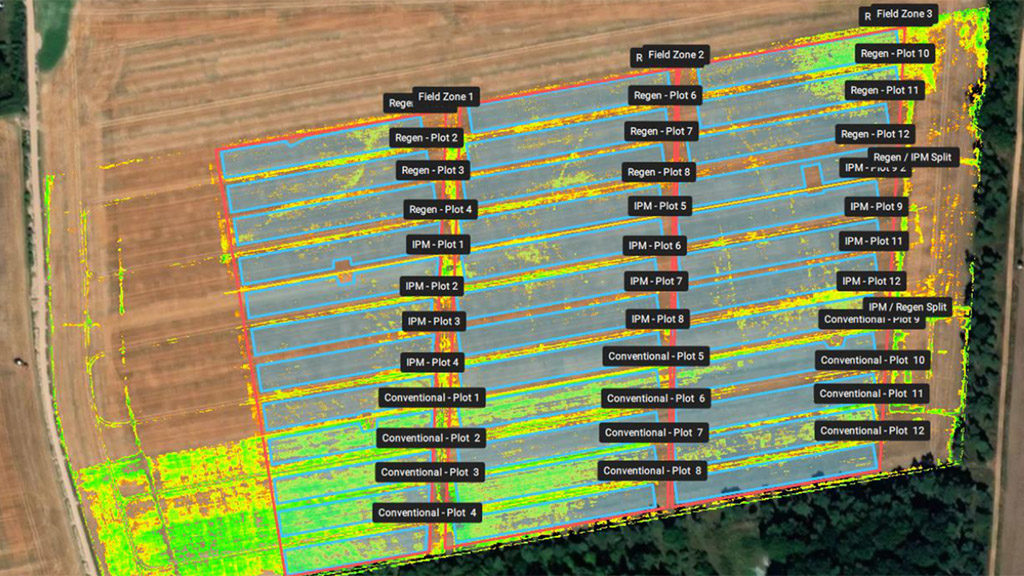
Oliver also believes the site will provide an important platform for putting developing precision application technologies into practice. In the first year, for example, digital imagery clearly identified and mapped the extent of problem weed issues within specific areas of the field.
Precision spray application
“We have been working with global crop mapping specialists to design maps that will plug in to the host farm’s sprayer, to give precision control that will better target the use of herbicides only where they will deliver the economic return.
Get more on New Farming Technologies
“It is pioneering the use of technology that will be directly applicable on all farms in the future, but is particularly pertinent for regenerative systems, where reduced inputs can be more effectively targeted,” he suggested.
The experiences of the site will be used to identify the best way that precision application technology can be effectively integrated into existing on-farm systems.
Oliver also highlighted how plant health scanning of the site’s barley crop had picked up early stages of stress symptoms on both the IPM and, particularly, the regenerative agriculture systems, before impacts could be seen on the higher N input conventional managed areas.
“That has provided the insights that could enable appropriate targeting of biostimulants at stages in the crop cycle, without recourse to applying extra fertiliser, for example. Optimising the utilisation of reduced input resources in regenerative systems could prove especially important for economic viability,” he suggested.
Find out more about managing soil health
Other trials on the site can look at the most appropriate crop varieties, seed treatments and crop inputs for the different management system.
Green cover crops assessed
For the 2023 season, the site has a field bean crop managed under the three regimes, including trialing green cover crops, a living mulch under the crop and the incorporation of an environmental Operation Pollinator strip through the crop to assess potential pollination benefits.
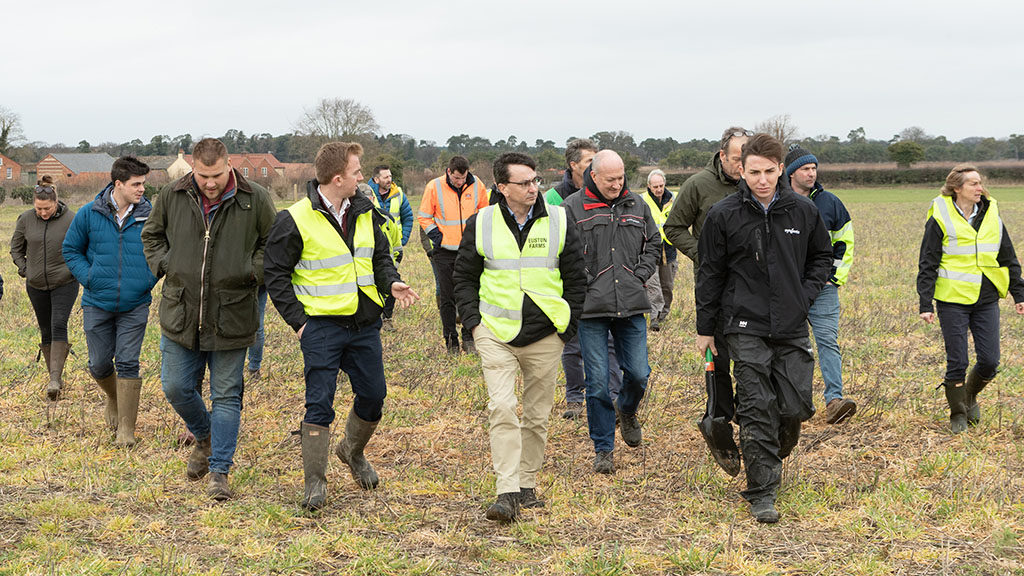
“The crop will be managed with appropriate inputs for the different systems. That will include fungicide programmes and any insecticide applications if required, for example.
"It will tease out the challenges and the implications between regenerative, IPM and conventional agronomy,” he advised.
Digital support tools
“Furthermore, the site provides the opportunity to trial innovative application techniques - such as nozzle choice or precision treatment – along with new digital decision support tools used in a field situation to prove their practical application.
“Farmers, agronomists, value-chain members and regulators are welcomed to see the site, its results and discuss their experiences, to help adopt the systems that can prove most effective for their own farming situations.”
